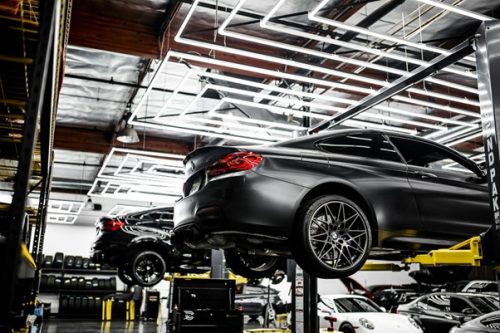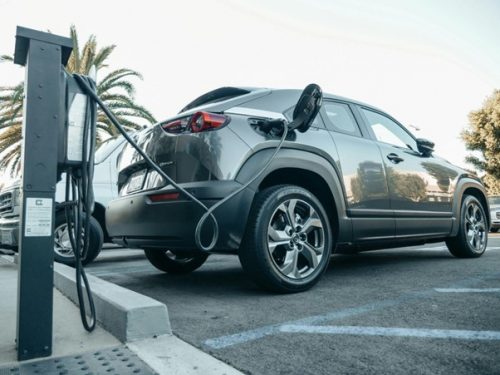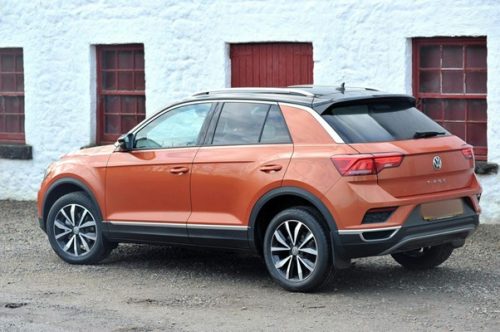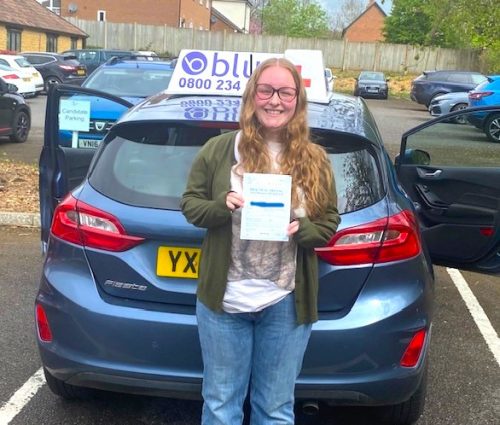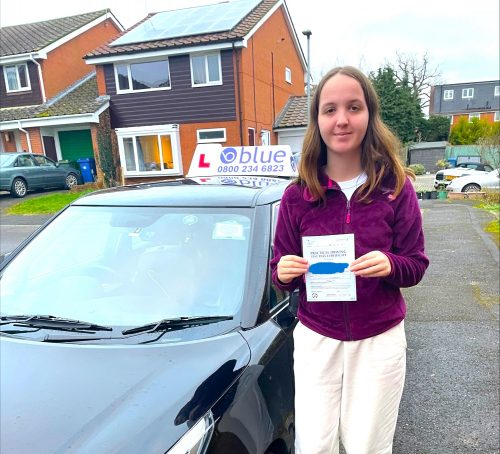
New vs. Used: Weighing the Pros and Cons for Your First Car Purchase
Posted in: Driving Tips, News.
Choosing your first car is a huge milestone, and you might be debating whether to go for a brand-new vehicle or a pre-owned one. It’s an important decision, and rightly so, as it can significantly impact your finances and your overall driving experience in the short and long term. With numerous factors to consider, it can be a bit overwhelming to make the right choice that suits you.

But not to worry! In this comprehensive guide, we will explore all the upsides and downsides of both options, providing you with all the knowledge you need to confidently decide on your first car purchase.
The Pros and Cons of Buying a New Car:
Pros:
- Peace of Mind with Warranties: New cars often come with warranties, giving you the reassurance of reduced repair costs for unexpected issues, especially if you’re a first-time car owner.
- Advanced Features: New cars are equipped with the latest safety features, advanced infotainment systems, and fuel-efficient engines, making your driving experience safer and more enjoyable.
- Lower Maintenance Costs: New cars usually require minimal maintenance in their early years, resulting in fewer unexpected expenses.
Cons:
- Fast Depreciation: New cars depreciate rapidly, which can lead to a significant loss if you decide to sell or trade your vehicle.
- Higher Upfront Costs: Purchasing a new car is a substantial one-time investment, which can pose a financial challenge for first-time buyers.
- Higher Insurance Costs: New cars are typically considered more valuable, leading to higher insurance premiums which increase the overall cost of ownership.
The Pros and Cons of Buying a Used Car:
Pros:
- Budget-Friendly: The main advantage of a used car is its affordability. Used cars are usually more budget-friendly than new ones, making them accessible to those on a tight budget.
- Less Depreciation: Used cars have already weathered the steepest part of their depreciation curve, offering more certainty about their resale value.
- Lower Insurance Costs: As used cars are typically less valuable than new ones, insurance costs are more affordable.
Cons:
- Uncertain History: When buying a used car, you may not have access to its complete history, which could lead to unexpected maintenance issues.
- Higher Maintenance Costs: Older vehicles might require more maintenance and repairs, which can add up over time.
- Lack of Latest Technology: Used cars may lack the latest safety and technology features, potentially affecting your driving experience.
Additional Factors to Consider
While weighing the pros and cons, there are a few additional factors to take into account:
- Your Budget: Carefully assess your financial situation, considering both your initial budget and your ability to cover ongoing expenses like car maintenance and insurance.
- Your Driving Needs: Think about how you’ll be using your vehicle. If you have long commutes or tackle challenging roads, new cars with advanced safety features might be worth the money. If you’re driving locally, a used car might suffice.
- Resale Plans: If you plan to sell your vehicle in a few years, keep in mind that new cars depreciate faster, making resale values less predictable.
- Your Mechanical Skills: Do you have the knowledge to perform car repairs or have access to cost-effective mechanics? If so, maintaining a used car might be more manageable.
Conclusion
The decision between a new or used car for your first ride doesn’t have to be complicated. Just match your choice with your personal driving needs and budget, and you will find the perfect car to begin your driving adventure. Whether you opt for a brand new car with all the latest technology, or a used car that’s cheaper to start and insure, the key is to make a smart decision that fits with your personal circumstances. Your first car is the beginning of an exciting journey, so choose well and enjoy the ride!
Tags: first car, new vs. used car, New vs. Used Weighing the Pros and Cons for Your First Car Purchase





